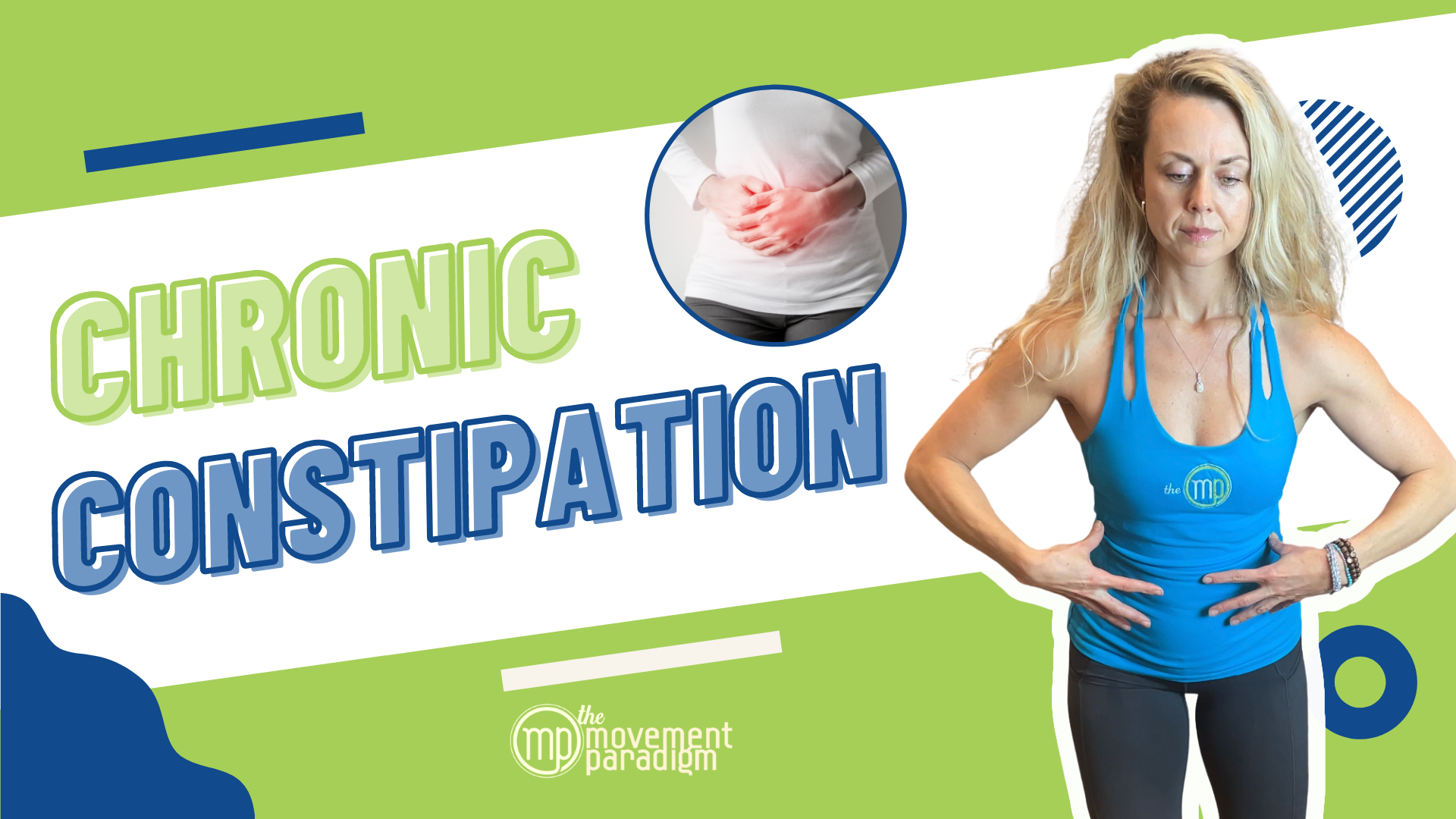Do you experience chronic constipation and is it something that affects your life? You have tried everything, but you just don’t know what to do about it? It is important to know how that can impact your health. More importantly, we’ll discuss six key things you can easily do to negate some of the constipation.
Rather watch or listen?
We are meant to eliminate at least one to two times a day on average, and it should look like a type three or four on the Bristol stool chart, like a snake or a log. If we are not going regularly, then we can have what is called a redundant colon where the colon becomes stretched, and this can cause a whole range of health implications.
Additionally, if we think about our main detoxification organs, such as our liver and kidney, for example, the primary needs of excretion of these toxins are our urine and our stool. If we are not excreting properly and regularly, this can cause a detoxification issue.
When I am working with my patients, and I see that chronic constipation is an issue, I am immediately thinking about how well or not well they are detoxifying their bodies. It is one of the first things that I will address with someone and make sure that we are finding the root causes of their constipation and trying to eliminate some of the actual symptoms.
6 Ways to Manage Constipation
Now let’s talk about six key things that you can do in your life to manage your constipation while you are simultaneously trying to figure out a root cause.
1. Water
You want to be drinking half of your body weight in ounces of water each day. This is one of the easiest things that you could do and is always a first go-to recommendation.
2. Fiber
You’ll want to consume 25 to 35 grams of fiber (women/men) per day. We also want to think of insoluble fiber, so things that come from nut butter and different flours that are less fermentable. People may not be able to tolerate a lot of high fibrous fermentable carbohydrates, especially in the case of small intestinal bacterial overgrowth (SIBO) or irritable bowel syndrome (IBS). This is where low FODMAP-type foods or insoluble fibers can be more beneficial.
3. Magnesium
Magnesium citrate or oxide can be most helpful in this situation. I prefer using something like Calm which comes in a higher milligram dosage. I recommend with my patients is they start with 350 milligrams or less, which would be one to two teaspoons. Then, every three days titrate up to a dose that allows you to go to the bathroom regularly and comfortably. You want to make sure that you check with your physician to see if this is appropriate for you based on your current health conditions and medications. You can titrate up to a dose anywhere from 700 milligrams or up to 1000 milligrams for chronic constipation.
4. Digestive Enzymes
To optimize your digestive enzymes you want to think about chewing your food a minimum of 15 to 20 times per bite to begin the proper digestive process. In your saliva, you have digestive enzymes that are released to begin to break down food. You can also test for your enzyme efficiency through stool testing, or do a home test with enzymes and/or HCL to determine if these may be valuable for you. You could use it temporarily while you are working towards identifying the root causes of it.
5. Drinking Warm Water
This can be a great way to stimulate the gastric colic reflex of your large intestine to stimulate a bowel movement; a very simple and effective technique. Think of chewing the water.
6. Prokinetic
What happens often with the case of constipation is that the migrating motor complex located within the small intestine is not working as effectively as it could. That is what helps move things in a wave-like action through the small intestine.
When we use something like a prokinetic agent, supplementation, or a prescription drug such as a Motegrity, it can help reestablish this normal function of the migrating motor complex. It can be very helpful if you have been dealing with this for a long time, and especially if there are underlying gut issues like SIBO, yeast overgrowth, parasitic infections, etc.
Other things you could consider are probiotics and prebiotics, but you do want to move gently with those and make sure you are working with a functional medicine practitioner, dietitian, or doctor to make sure that you are doing the right things for you. In cases of significant gut issues, probiotics might not be appropriate at that time; you do want to be careful.
If this was helpful, make sure you give it a share with a friend or family member who needs it. If you would like a virtual or in-person consultation, please reach out to us at staging.movementparadigm.flywheelsites.com. We would love to help!

